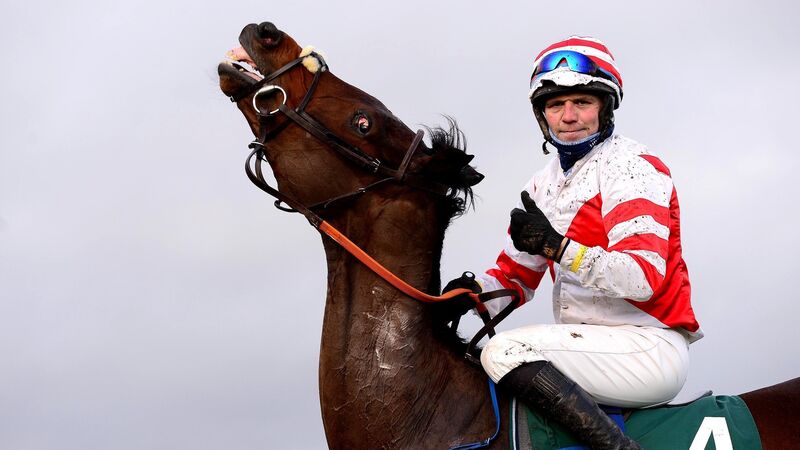Michael Moynihan: There’s a lot to be said for saying a lot

HEADS UP: Ian Power after riding Master McShee to victory in the the Paddy Power Handicap Hurdle at Leopardstown yesterday. Picture: Healy Racing
Try from €1.50 / week
SUBSCRIBE
HEADS UP: Ian Power after riding Master McShee to victory in the the Paddy Power Handicap Hurdle at Leopardstown yesterday. Picture: Healy Racing
A question for you this morning. What’s your preferred platform for discussing your sport of choice?
Is it via Twitter? Is it Slack? Would you pontificate on LinkedIn? Are you part of a dedicated sports WhatsApp group? Do you FaceTime your pals when you want to dissect a game?
Already a subscriber? Sign in
You have reached your article limit.
Annual €130 €80
Best value
Monthly €12€6 / month
Introductory offers for new customers. Annual billed once for first year. Renews at €130. Monthly initial discount (first 3 months) billed monthly, then €12 a month. Ts&Cs apply.
Newsletter
Latest news from the world of sport, along with the best in opinion from our outstanding team of sports writers. and reporters
Newsletter
Latest news from the world of sport, along with the best in opinion from our outstanding team of sports writers. and reporters
Monday, February 9, 2026 - 10:00 PM
Monday, February 9, 2026 - 5:00 PM
Monday, February 9, 2026 - 9:00 PM
© Examiner Echo Group Limited